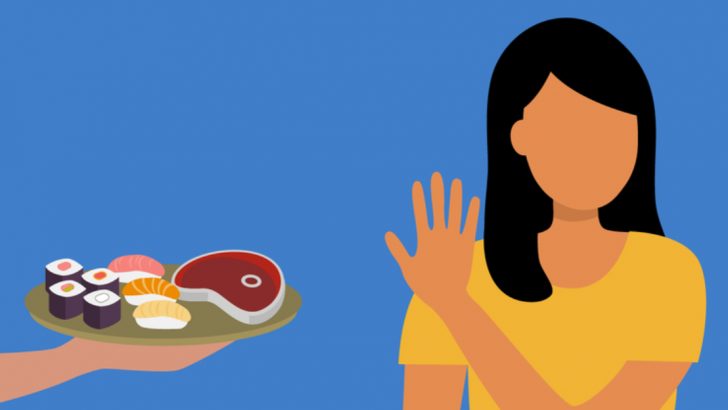Cancer patients undergoing chemotherapy face numerous side effects that can make eating properly a challenge. Unfortunately, some common foods served in hospitals or brought by well-meaning visitors can actually intensify these side effects.
Understanding which foods might worsen nausea, fatigue, and other chemo-related symptoms can help patients better manage their treatment journey.
1. White Bread Troubles
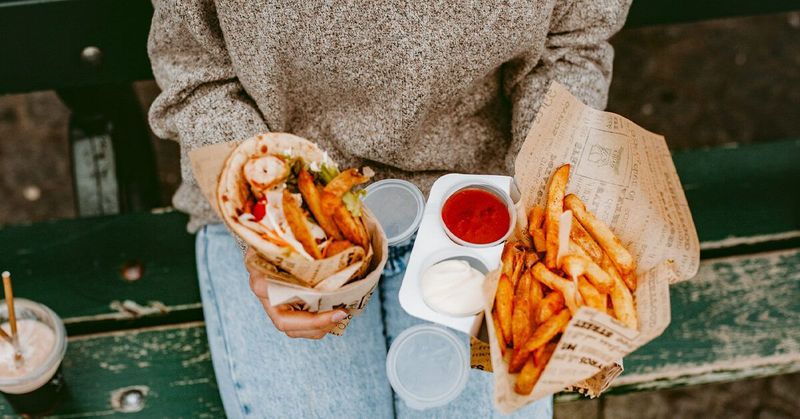
Refined white bread lacks fiber and nutrients while causing blood sugar spikes that can worsen fatigue during chemotherapy.
Many patients receive white toast or sandwiches when their appetite returns, not realizing it may contribute to energy crashes. Whole grain alternatives provide steadier energy and better nutrition.
2. Sugary Drinks Damage
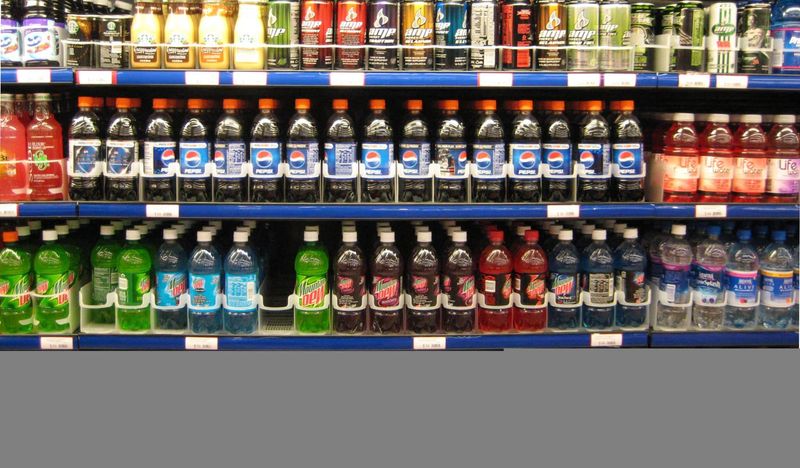
Fruit juices, sodas, and sweetened teas flood the system with simple sugars that can aggravate inflammation and digestive issues.
These beverages often appear in hospital meal services despite their potential to worsen mouth sores and digestive discomfort. The temporary energy boost quickly fades, leaving patients feeling worse than before.
3. Ice Cream Complications
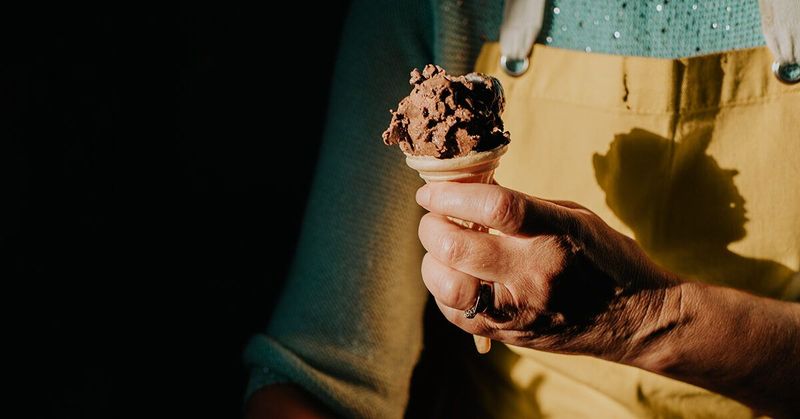
Many assume ice cream soothes sore throats from chemotherapy, but dairy products can increase mucus production and worsen nausea.
The high fat content may trigger digestive distress when the digestive system is already compromised. Cold sensitivity from certain chemo drugs can make eating ice cream physically painful for some patients.
4. Creamy Pasta Problems
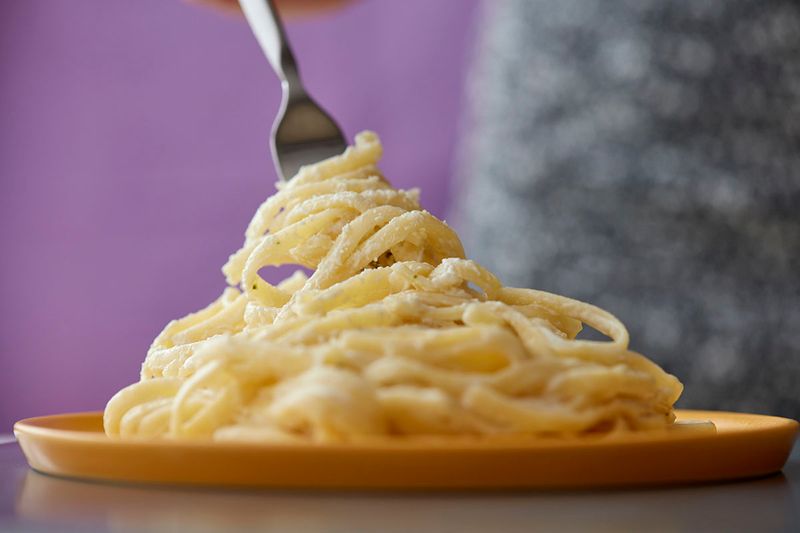
Alfredo and other cream-based pasta dishes contain heavy fats that are difficult to digest during chemotherapy.
These meals appear frequently on hospital menus despite slowing digestion and potentially worsening constipation—a common chemo side effect. The richness can trigger nausea when taste buds and smell sensitivity are already altered by treatment.
5. Fried Foods Fiasco
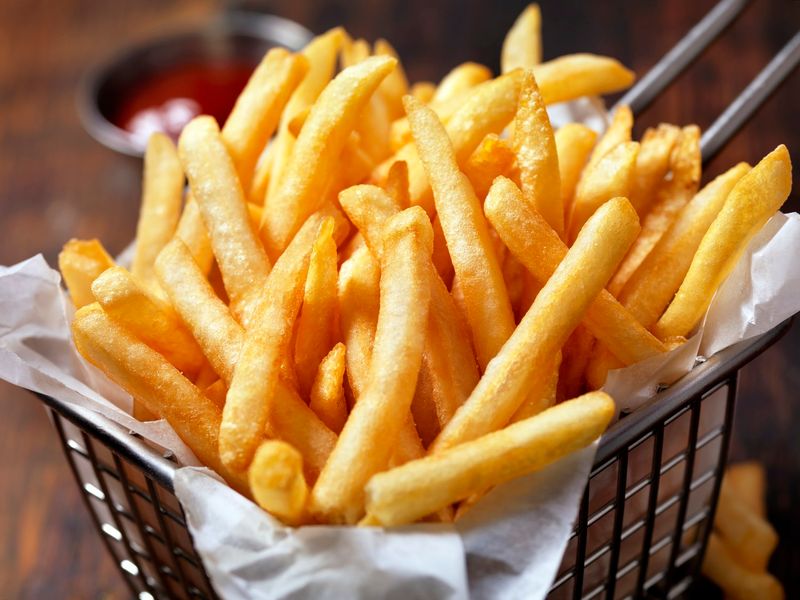
Hospital cafeterias often serve fried options like chicken tenders or french fries that seem appealing when appetite is low.
Unfortunately, greasy foods can intensify heartburn and reflux while taxing an already stressed digestive system. The inflammatory nature of fried foods may worsen treatment-related inflammation throughout the body.
6. Packaged Cookie Concerns
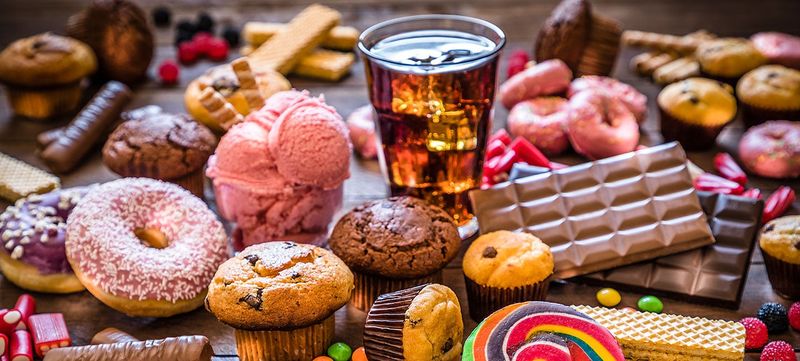
Those individually wrapped cookies frequently included with hospital meals contain refined sugars, unhealthy fats, and preservatives.
These ingredients can worsen inflammation while providing little nutritional value during a critical healing time. Well-meaning visitors often bring cookies as treats, not realizing they may intensify fatigue and digestive discomfort.
7. Processed Cheese Challenges
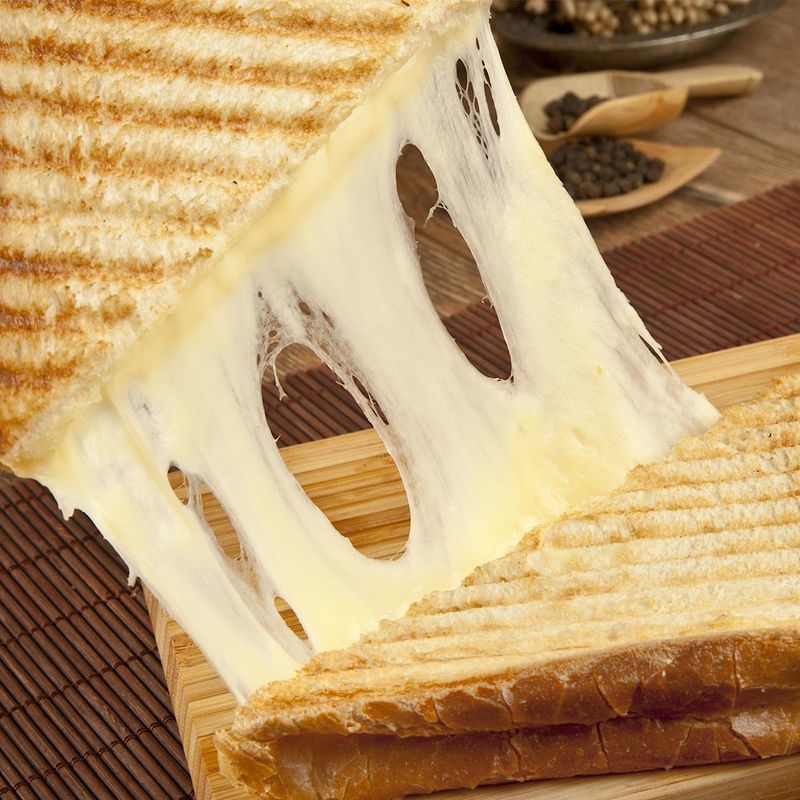
Those individually wrapped cheese slices and processed cheese products contain additives that may aggravate digestive sensitivity.
Commonly served with hospital sandwiches, these cheeses can worsen constipation and bloating. Some chemotherapy drugs create lactose intolerance, making even small amounts of dairy products problematic for patients who previously tolerated them well.
8. Canned Soup Setbacks
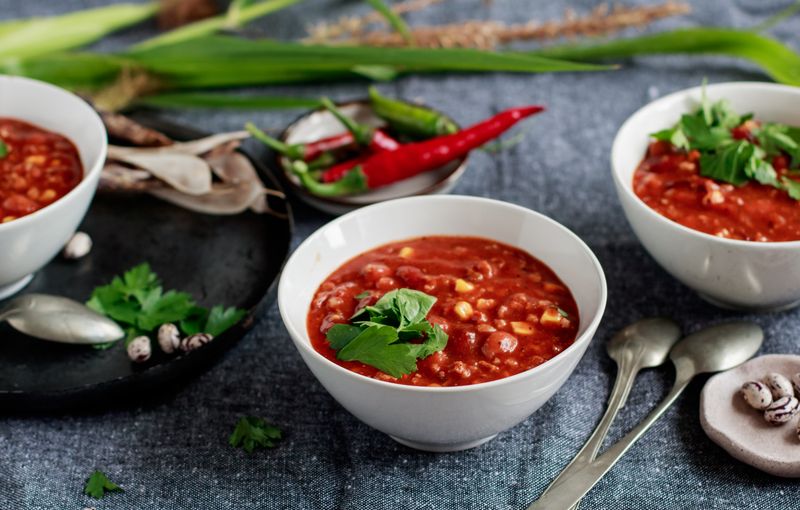
Hospital kitchens rely heavily on sodium-laden canned soups that can worsen fluid retention and blood pressure issues.
Many chemotherapy medications already cause fluid retention, making high-sodium foods particularly problematic. These soups often contain MSG and other additives that may trigger headaches or worsen the metallic taste many patients experience.
9. Red Meat Reactions
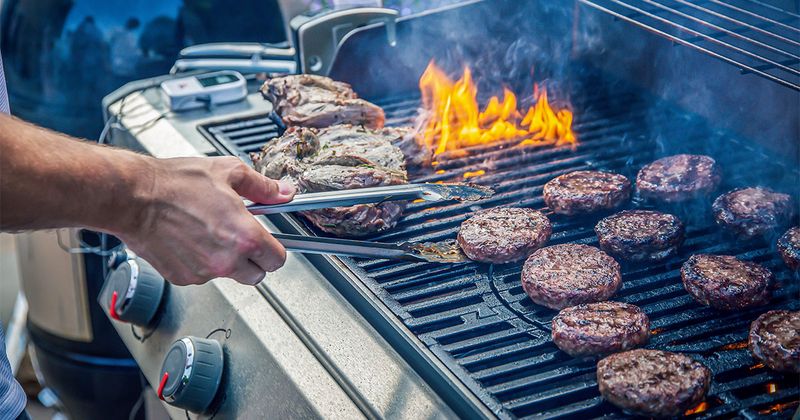
Hamburgers and processed meats like bacon appear on hospital menus despite being difficult to digest during treatment.
Red meat requires significant digestive effort, taxing a system already compromised by chemotherapy. The high iron content can worsen metallic taste sensations, while the saturated fats may increase inflammation and slow healing.
10. Diet Soda Distress
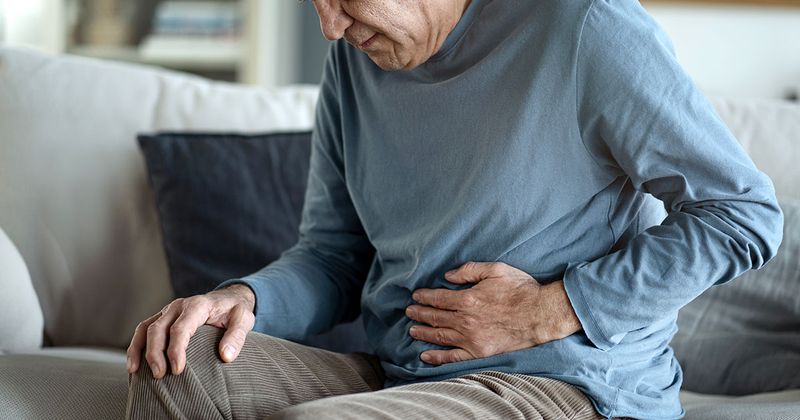
Artificial sweeteners in diet sodas can trigger digestive upset and headaches in sensitive chemotherapy patients.
Many hospitals offer these as sugar-free alternatives without recognizing their potential harm. The carbonation may worsen bloating and gas, while the artificial colors and preservatives add chemical stress to an already overwhelmed system.
11. Hard Candy Hazards
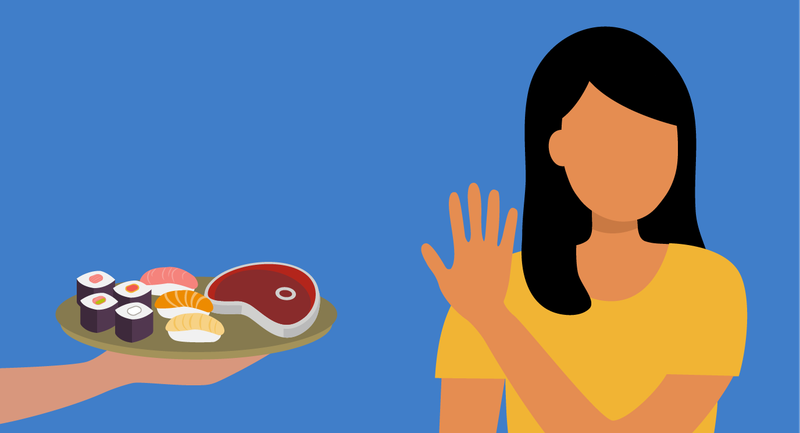
Nurses often recommend hard candies for dry mouth without realizing sugar can feed oral infections when immunity is compromised.
The sugar content may worsen inflammation in mouth sores common during treatment. While temporarily relieving dry mouth, these candies can damage teeth already weakened by certain chemotherapy medications.
12. Salty Snack Struggles
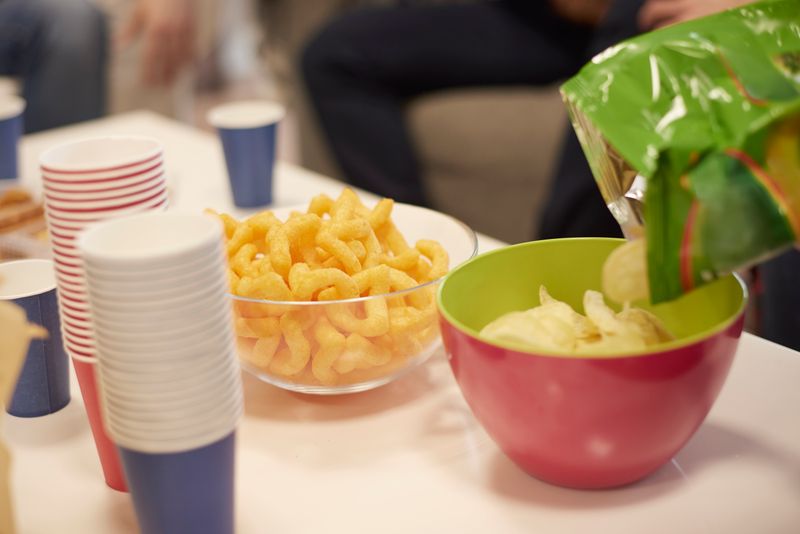
Those small bags of chips and pretzels served with hospital meals can exacerbate dehydration and fluid retention issues.
Chemotherapy already disrupts electrolyte balance, making excessive sodium particularly problematic. Many patients receiving treatment experience altered taste perception, causing them to over-salt foods or crave extremely salty snacks.
13. Buttery Scrambled Egg Effects
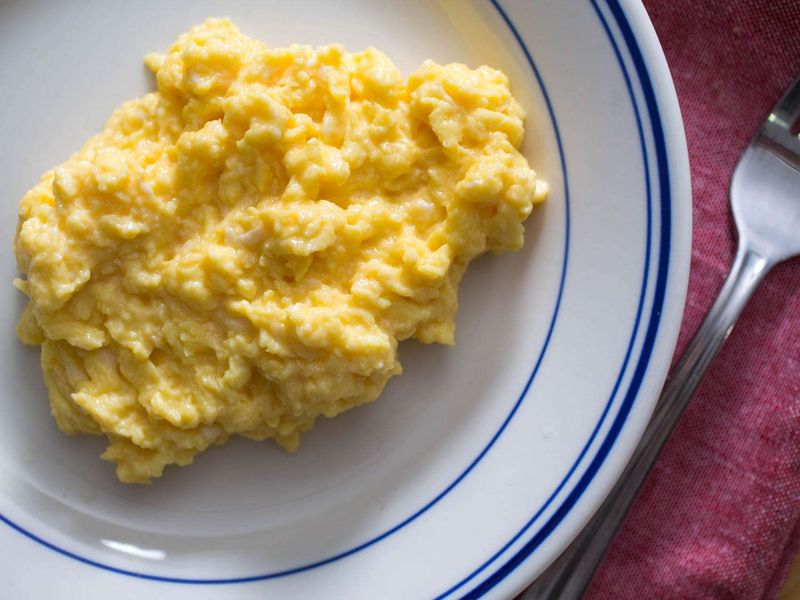
Hospital breakfasts often feature buttery scrambled eggs that can trigger nausea due to their strong smell and high fat content.
Chemotherapy heightens sensitivity to food odors, making eggs particularly problematic. The butter adds unnecessary fat that slows digestion when the digestive system is already compromised by treatment.
14. Chocolate Bar Complications
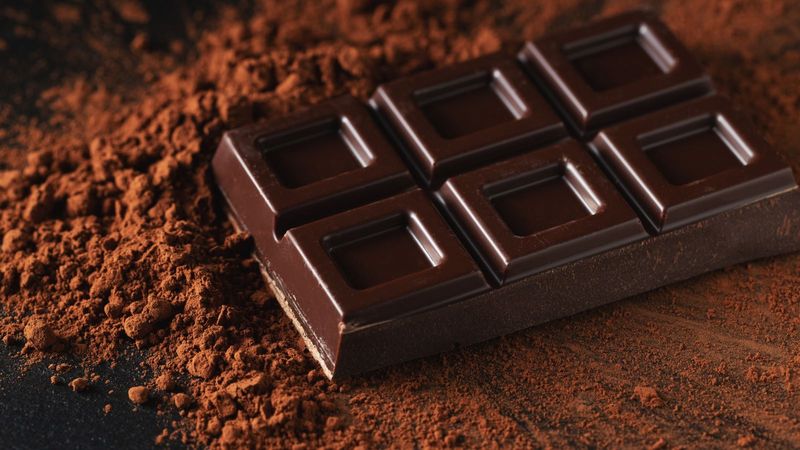
Chocolate contains caffeine and theobromine that may interfere with certain chemotherapy medications and worsen acid reflux.
The high sugar content can feed yeast infections in patients with compromised immunity. Despite being a popular gift for patients, chocolate’s fat content may worsen digestive issues when the digestive system is already sensitive.
15. Milkshake Misunderstandings
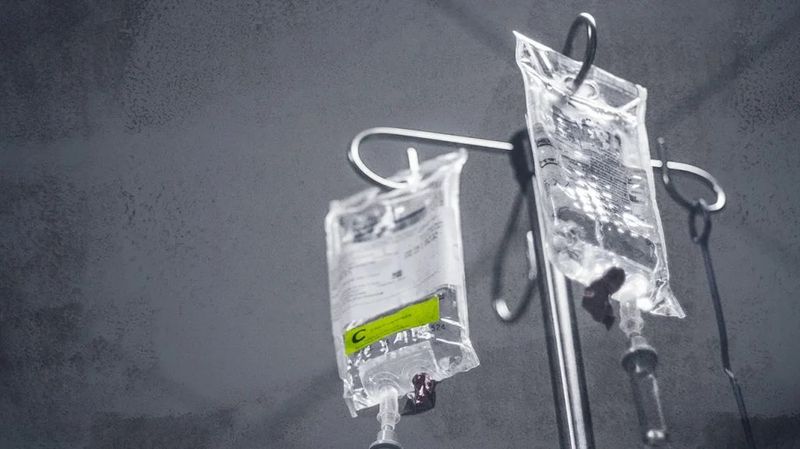
Hospital staff often recommend milkshakes to increase calorie intake, not realizing they can worsen digestive distress and nausea.
The cold temperature may be painful for patients experiencing cold sensitivity from certain chemotherapy drugs. Dairy products can increase mucus production, potentially worsening throat discomfort and coughing in already vulnerable patients.

